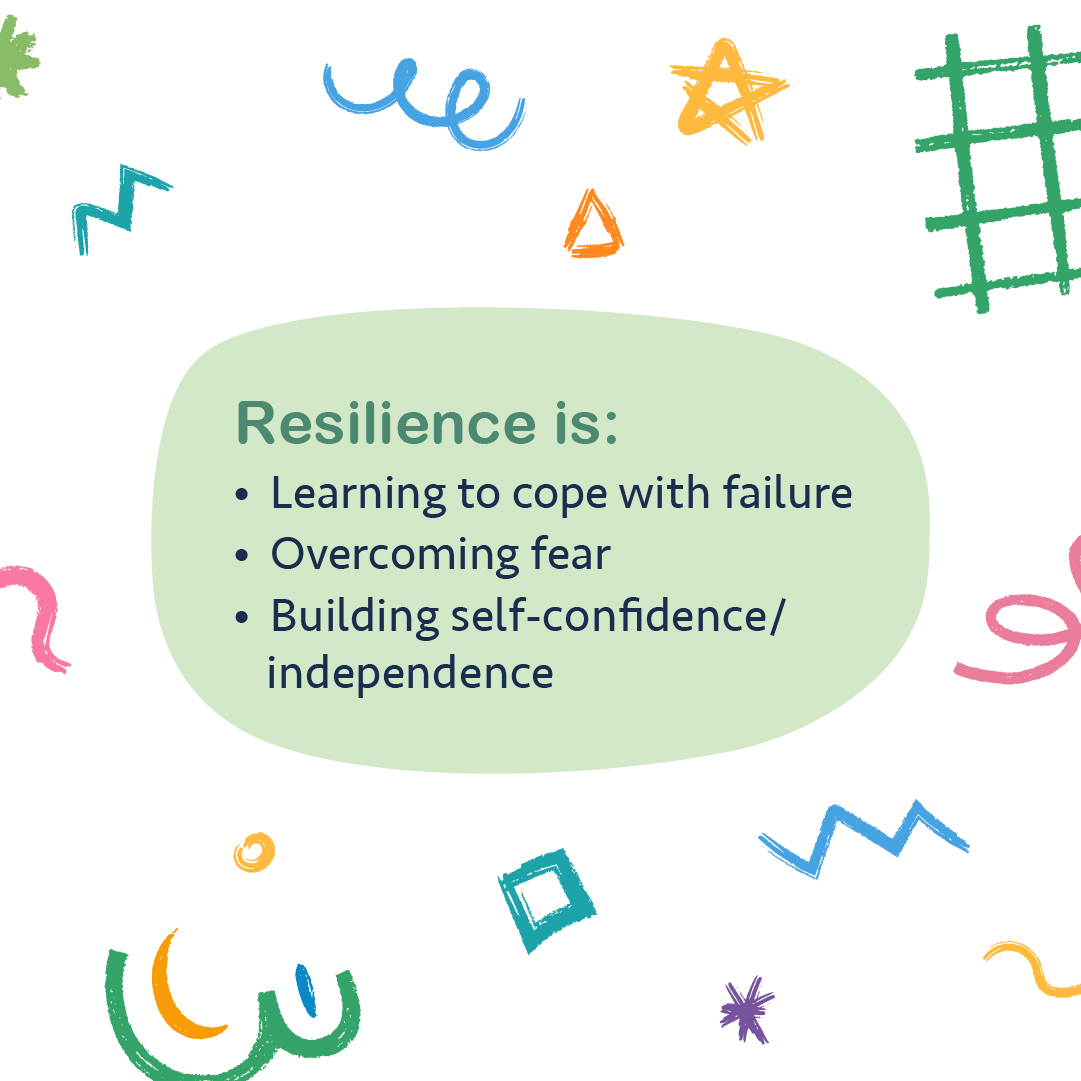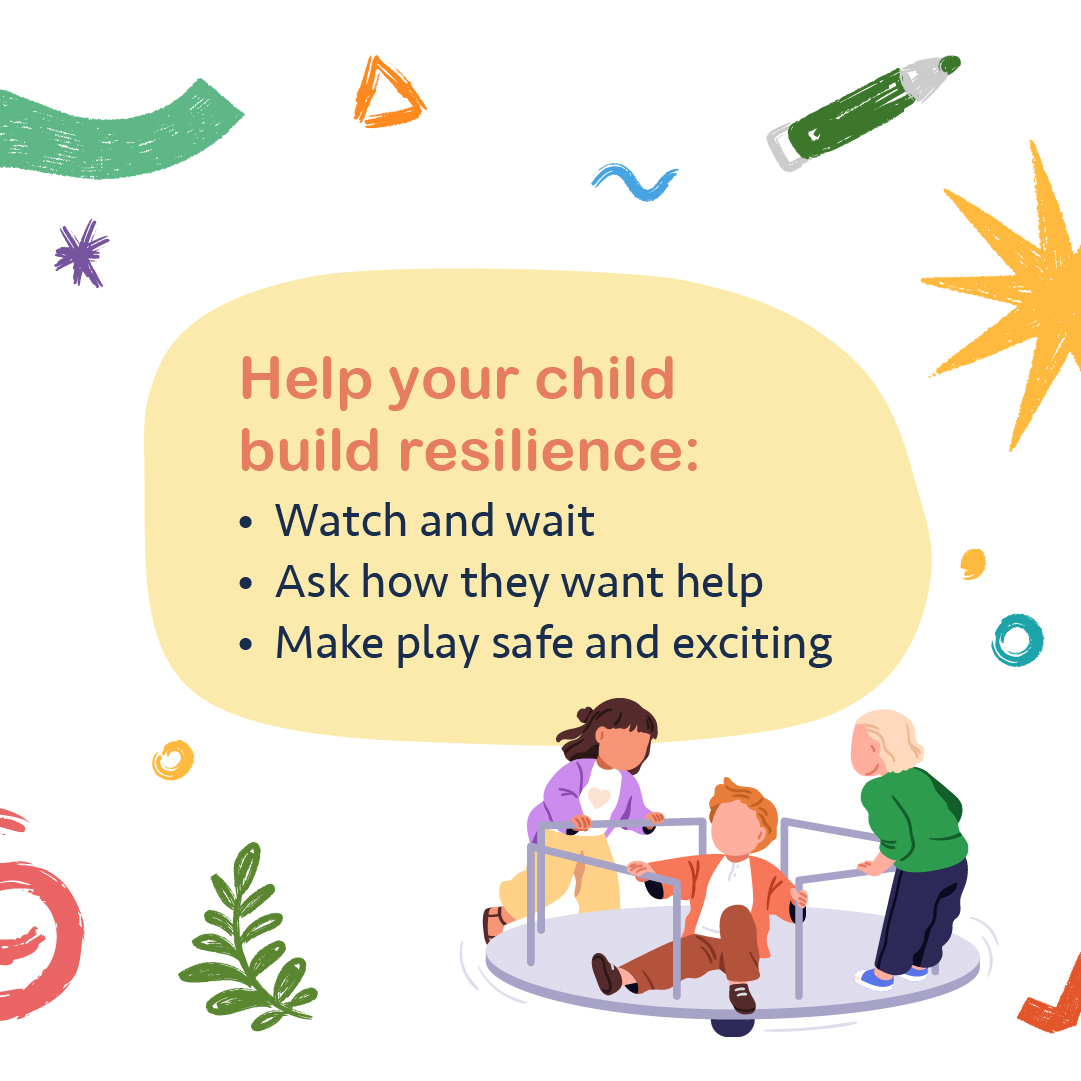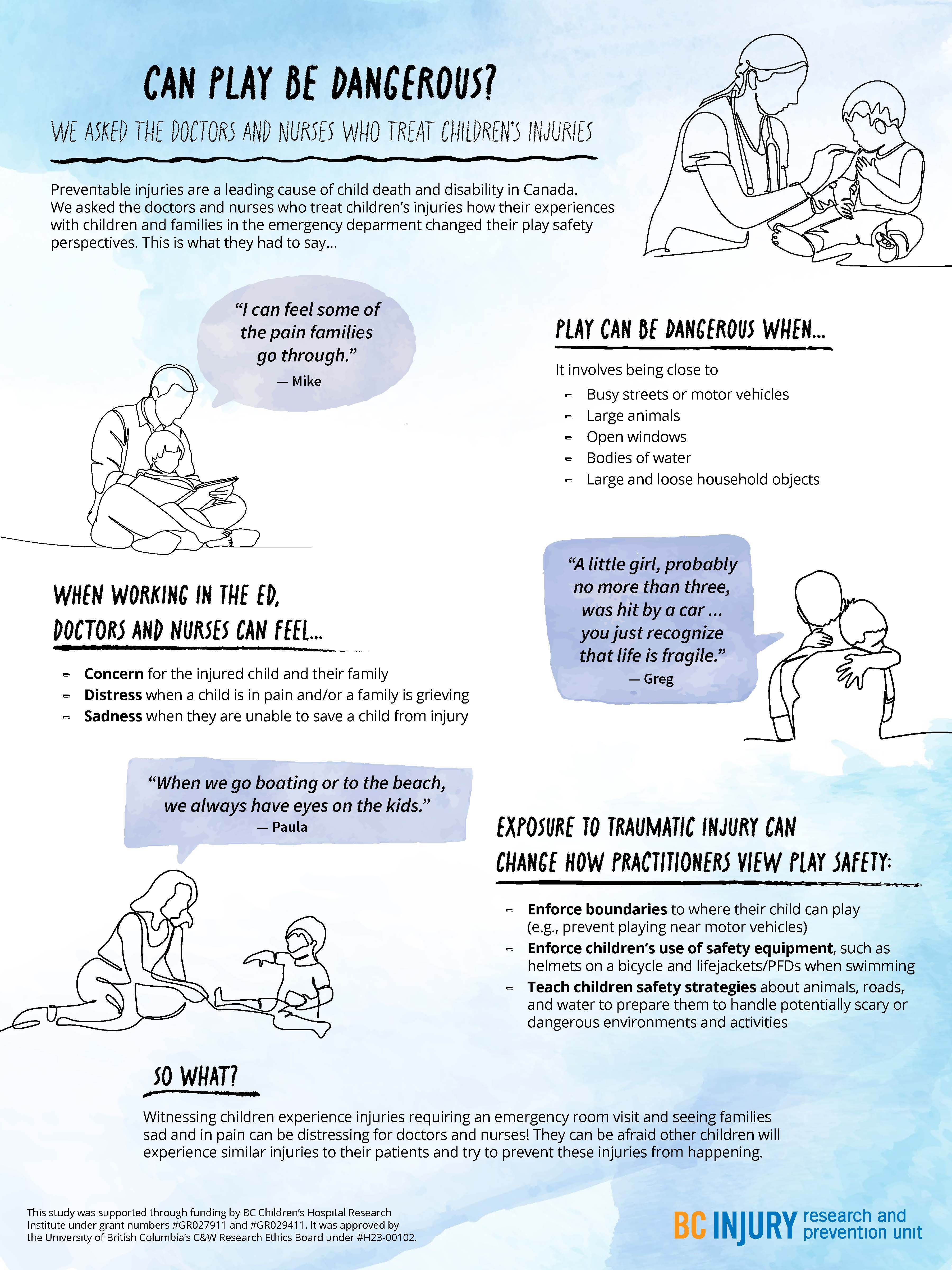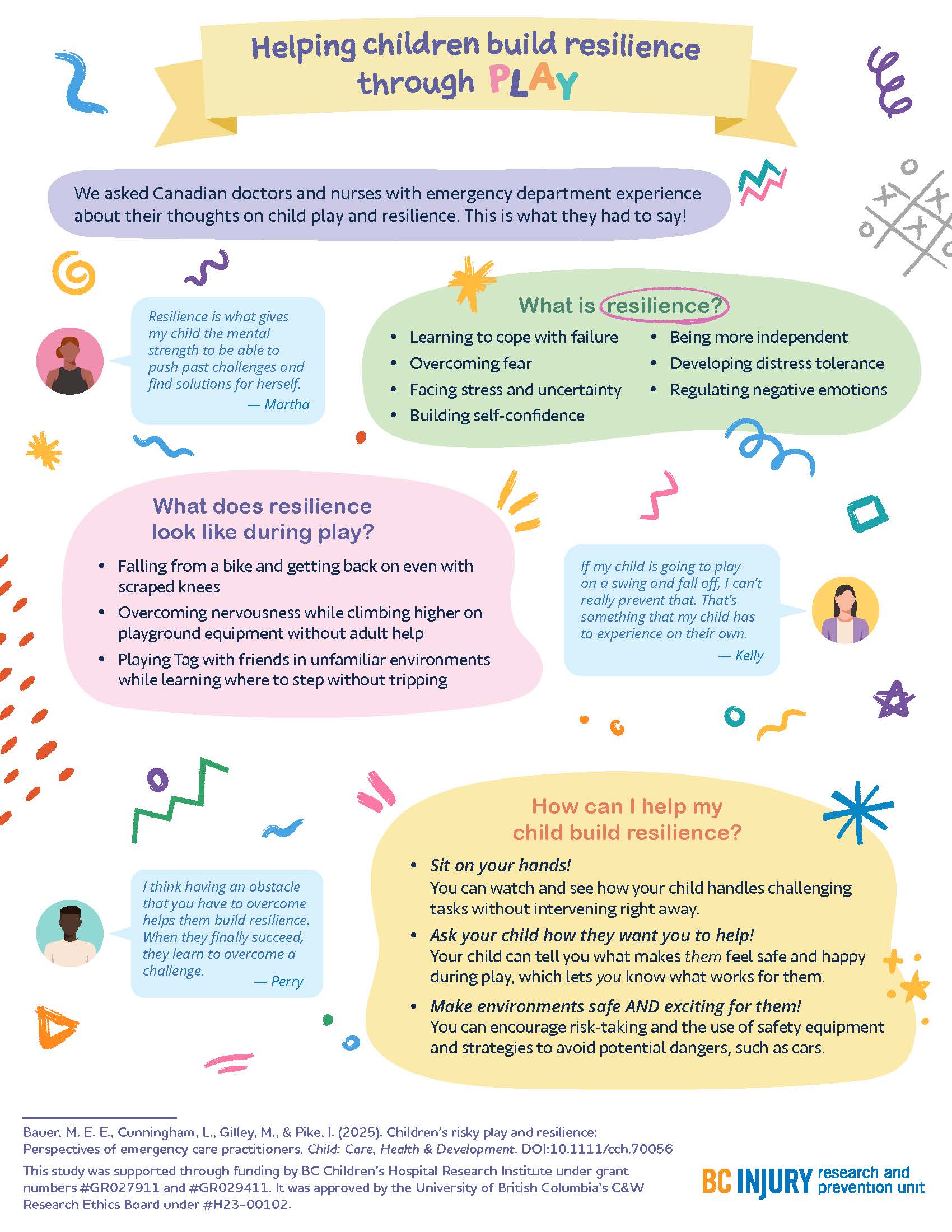New grant funding for concussion, sports, and violence prevention research

Improving injury prevention programming in girls’ soccer
Dr. Allison Ezzat has received a 2024 Catalyst Grant from the Women’s Health Research Institute (WHRI)! This project aims to understand how to develop and implement injury prevention programs in girls' soccer.
Soccer injury prevention programs delivered during warm-up can prevent two-thirds of injuries, yet these programs are not used by girls’ soccer teams in the community on a regular basis.
Dr. Ezzat and her colleagues will conduct one-on-one interviews with academics and physiotherapists who have experience with injury prevention programs in girls team sports. The team hopes to learn more about these implementors’ challenges, successes, and future recommendations for these types of programs. Interview transcripts will be thematically analyzed and results used to improve girls’ soccer programs and ultimately prevent injury.
Dr. Ezzat is an Implementation Scientist at BCIRPU, and Clinical Assistant Professor in the Department of Physical Therapy, Faculty of Medicine, UBC. In late 2024, she also received a New Faculty Research Award from the UBC Faculty of Medicine.
Understanding health outcomes of children affected by violence
A new project will explore the mental and physical health outcomes of children and youth whose mothers have experienced assault or violence. The four-year project will be led by Dr. Natasha R. Saunders from the Hospital for Sick Children. BCIRPU Investigator Dr. Ian Pike is a principal investigator, and BCIRPU Director Dr. Shelina Babul is a co-investigator. Funding comes from the Canadian Institutes of Health Research (CIHR) via its Project Grant competition.
In Canada, one in every four women experience assault during their lifetime. These incidents, while devastating for the women involved, likely have a “ripple effect” on their children. This effect can lead to poor physical and mental health outcomes for these children and youth. Researchers will examine health outcomes in children and adolescents of survivors, compared to those whose mothers have not experienced violence, in multiple provinces. The study aims to shed light on how the social determinants of health can have an impact on these health outcomes. Results will help inform the development and design of interventions and supports for these individuals.
Testing a mindfulness app for concussion recovery
Dr. Shelina Babul is a co-investigator on a two-year CIHR Project Grant led by Dr. Molly Cairncross from Simon Fraser University.
Concussions among adolescents are common, and a third of adolescents who sustain a concussion will have prolonged recovery that can last months or years. These prolonged symptoms can lead to challenges in daily life, including mental health issues.
The project is a study feasibility project for a low-cost, easily accessible digital mindfulness-based tool to support adolescents with prolonged concussion recovery. Researchers will recruit adolescents who have sustained a concussion and are still symptomatic one month later, and randomly assign them to the control intervention or to receive an eight-week digital mindfulness intervention. Findings from this study will help inform a large clinical trial to determine the effectiveness of this app.
Other researchers include Drs. Quynh Doan (UBC/BCCHR), Noah Silverberg (UBC/GF Strong), and Roger Zemek (CHEO Research Institute).
- distress when a child was in pain and when a family was grieving; and
- sadness in the event they were not able to save a child in their care.
- concern for the injured child and the child’s family;
Particularly traumatic events, such as those involving vivid sights and sounds (e.g., families holding each other and having extreme reactions), stuck with the practitioners, having long-lasting impressions on them and causing them to re-live these events in the years following their exposure.
Even after their shift was over, practitioners said that they changed how they approached parenting and how they perceived safety during play as a result of witnessing these traumatic events. They reported having more knowledge of the causes and consequences of severe injuries, such as those that require hospitalization or emergency care. For example, practitioners were more likely to enforce boundaries around where their children could play, such as by forbidding their child to play near busy streets. They also were more likely to tell their child about safe play environments and equipment, and put this equipment on their child before play, such as explaining the benefits of using helmets while riding bikes.
Practitioners were more likely to enforce boundaries around where their children could play, and use safety equipment, such as bike helmets.
Practitioners also described being concerned about their children’s play near open windows, around large bodies of water unsupervised, and in environments where firearms were present. They also expressed worry about their children’s play on trampolines and on motorized vehicles, such as ATVs. Findings related to trampoline play safety concerns were published in the journal Injury Prevention.
Observing family grief due to child injury or death affected the mental well-being of health care practitioners, drawing attention to the need for mental health supports for those involved in caring for severely injured and dying patients.


"Raise more resilient children through play...watch and see how your child handles challenging tasks without intervening right away." —Dr. Michelle Bauer
Building resilience through play
How can parents help their children build resilience? By letting them play!
The experiences that practitioners witnessed encouraged them to support their children in building resilience through play; specifically, by supporting children in learning to cope with failure, overcome fear, build self-confidence, develop distress tolerance, and regulate negative emotions. Findings related to building resilience through play were published in the journal Child: Care, Health, and Development.

Parents fostered resilience in their kids by:
- helping their kids get back on bikes after they fell off and wanted to try again;
- sitting on their hands so they did not instinctively reach for their children when their children fell down; and
- encouraging participation in challenging and thrilling activities in forests and water while safety equipment was used.
"There are a few ways that parents can raise more resilient children through play that are supported by literature and our study findings," said Dr. Bauer. "One: watch and see how your child handles challenging tasks without intervening right away."
"Two: Ask your child how they want you to help—let them tell you what makes them feel safe and happy during play. Let them lead. And three: make play both safe and exciting by encouraging risk-taking, teaching them how to avoid hazards, and using safety equipment.”
This research was supported through Drs. Bauer’s and Gilley’s receipt of a clinical and translational research seed grant from the BC Children’s Hospital Research Institute (BCCHR), Dr. Bauer’s BCCHR postdoctoral fellowship award, and additional training provided to Dr. Bauer through her participation in the Programs and Institutions Looking to Launch Academic Researchers (PILLAR) program through ENRICH, a national organization training perinatal and child health researchers.
Learn more about the study through two infographic posters:
Graphics and posters by Milica Radosavljevic











